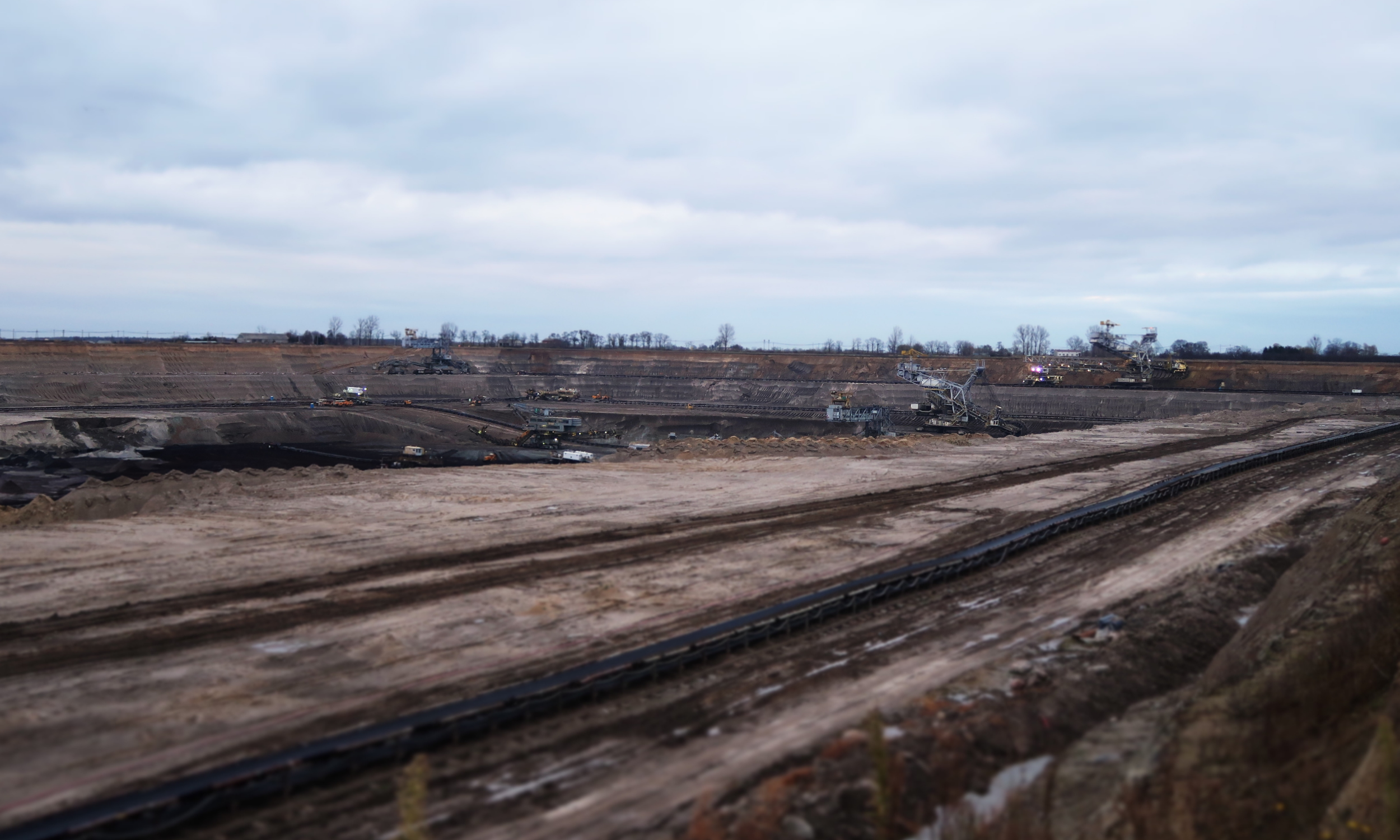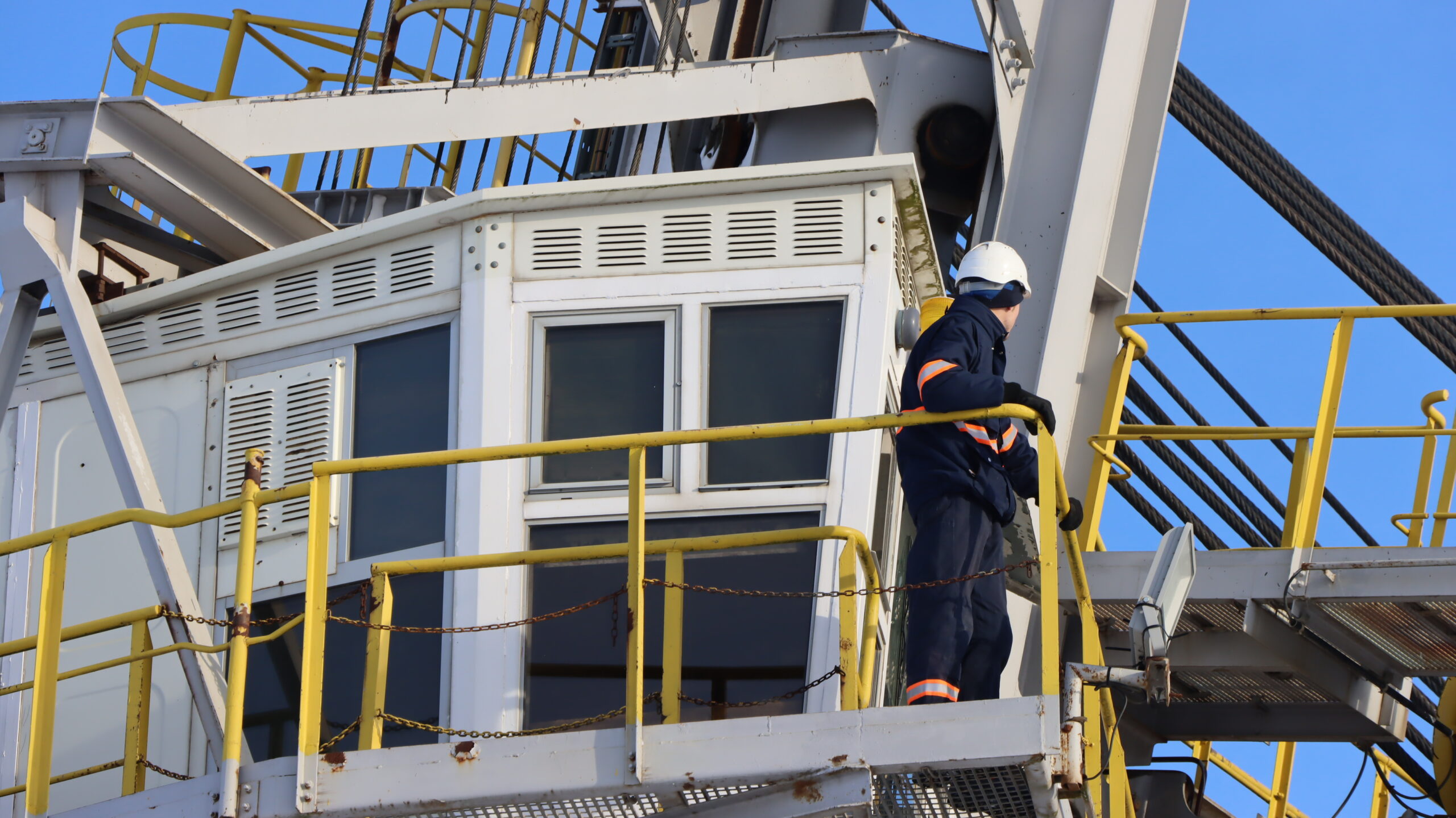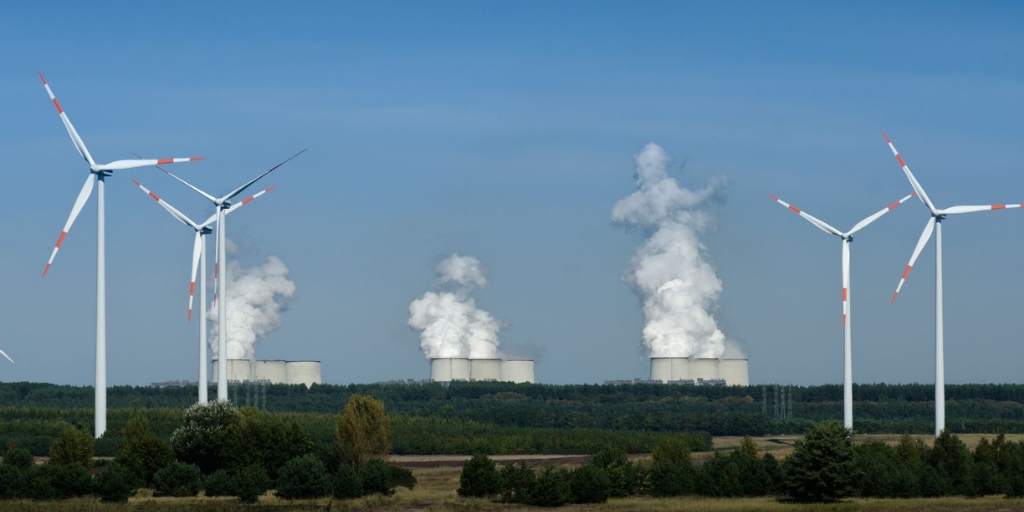Europe has ambitions to become the first climate–neutral continent. But transforming energy systems, especially in central and eastern Europe, requires substantial investment due to outdated infrastructure and reliance on fossil fuels.
While the EU budget currently funds this transition, the key challenge is to ensure impactful, high-quality investments that are both environmentally and socially just.
Involving citizens in investment decisions leads to better outcomes, including greater acceptance, a stronger sense of ownership, and fewer harmful projects.
Bankwatch works to align EU financial flows with the European Green Deal objectives, ensuring they meet the needs of people and the planet.
IN FOCUS
Just transition
Countries across central and eastern Europe are committing to quit coal and shale oil. Now the task is to ensure that the just transition is driven from the bottom up and leaves no one behind as we move towards a sustainable energy future.

Building back biodiversity
Threats facing biodiversity are increasing alongside the drivers of the climate crisis. But investments in climate protection should not come at the expense of those that can help biodiversity. The two crises of climate and biodiversity are interconnected and both must be tackled together, because only by investing in nature can we tackle climate change.

RegENERate: Mobilising Regions for Energetic Re-development and Transformative NECPs
The overall objective of the project is to support the CEE countries’ contribution to the EU efforts towards a net-zero emissions future. The project will contribute to more ambitious and effective climate and energy policies in CEE, backed by a long-term commitment to phase out fossil fuels, improve energy efficiency and promote renewable energy.

RePower the Regions: Ambitious and inclusive clean energy plans for repowering the just transition regions
The participation and leadership of carbon-intensive regions in transitioning to clean energy solutions are prerequisites for achieving EU climate neutrality by 2050. Building on this premise, RePower the Regions aims to ensure that the regions’ clean energy plans are aligned with EU 2030 climate goals and have strong support locally, and to provide practical guidelines and roadmaps on how to repower the regions.

Latest news
Greening the EU budget: why climate mainstreaming needs reform
Bankwatch in the media | 26 February, 2025CEE Bankwatch Network (2024) analysed the practical implementation of the DNSH principle in the RRF using six case studies. In some cases, the simplified procedure relied solely on uncritically accepting the countries’ declarations.
Read moreGuidelines for selecting just transition projects in Ukraine
Blog entry | 20 February, 2025Despite the ongoing war, Ukraine remains steadfast in its commitment to a just transition. As an EU accession candidate, Ukraine must integrate the Just Transition Mechanism’s principles and criteria into its national policies. Since Ukraine plans to join the EU before its coal phase-out in 2035, the Just Transition Fund regulation provides the most relevant framework for meeting these requirements.
Read moreWestern Balkans: Environmental groups challenge Commission’s breach of Reform and Growth Facility safeguards
Press release | 13 January, 2025CEE Bankwatch Network and Climate Action Network (CAN) Europe have formally requested a review (1) of the European Commission’s decision to approve five Western Balkan countries’ Reform Agendas under the new Reform and Growth Facility. The groups argue that the approval breached EU law by failing to apply mandatory environmental safeguards and public consultation requirements.
Read moreRelated publications
Inclusion of the Habitats, Birds and Water Framework Directives in the Energy Community Treaty: An urgent imperative
Briefing | 1 December, 2025 | Download PDFThis briefing explains why the Birds Directive, Habitats Directive and Water Framework Directive need to be included in the Energy Community Treaty.
One Month Left: Urgent call for ambitious, inclusive, and socially just National Building Renovation Plans
Open letter | 28 November, 2025 | Download PDFBuild Better Lives aims to ensure decent, affordable and energy efficient homes and buildings for all. It brings together nearly 100 social justice, housing, climate, and youth civil society organisations, in a pan-European, people-oriented campaign for a socially just built environment that lifts millions out of energy poverty.
Bankwatch’s position on the Global Europe instrument
Policy position | 21 November, 2025 | Download PDFThe proposed Global Europe regulation’s objective is to uphold and promote the Union’s values, principles and interests worldwide. However, while human rights, democracy and rule of law are mentioned in the text, the regulation does not provide sufficient mechanisms to advance these principles.

